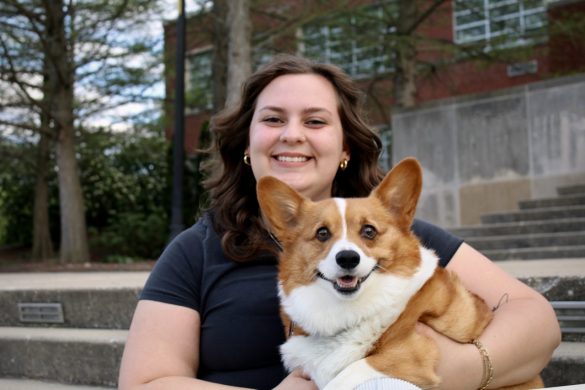As of Feb. 28, 2020, actionnetwork.com reported 20 total states, including Indiana, and Washington D.C. have legalized betting in sports. Eight more are projected to be legalized in 2020, including Florida and Kentucky, actionnetwork.com reported. The topic of sports betting can be tricky because it gives fans and wealthy figures the power of attempting to fix games. But the NCAA, an amateur sports organization, refuses to lift its ban for student-athletes to engage in sports betting, and rightfully so. The NCAA does not let its athletes bet money or any item of value on any level of sporting event. This restriction of sports betting includes professional or collegiate athletics in which a person wagers money or something of value, according to the NCAA. From what I’ve seen, sports betting has grown a lot among younger adults. I also use betting applications, as gambling now is easily accessible through phone applications. But student-athletes have to be content with not partaking for the sake of a fair game. The ability to alter a game from within is something that student-athletes have some control over. They should not let money drive them to cheat. I agree with the NCAA’s policy, despite being someone who likes to bet on athletics. Even if one is against the NCAA’s ruling, one should understand that for the sake of an honest game, it’s necessary. There are many ways that players can throw the game if they are paid the right price. Overall, bets are fine until the ethical line is crossed by fixing a game, especially when it can be traced back to a player, whether that player is professional or amateur.
These student-athletes should refrain from gambling in the first place until they leave these teams. This should be seen as respect for their team and commitment to the program: No one wants to be seen as the cheater.









